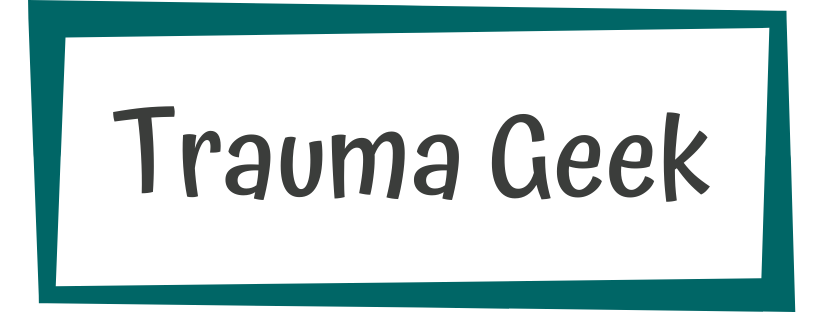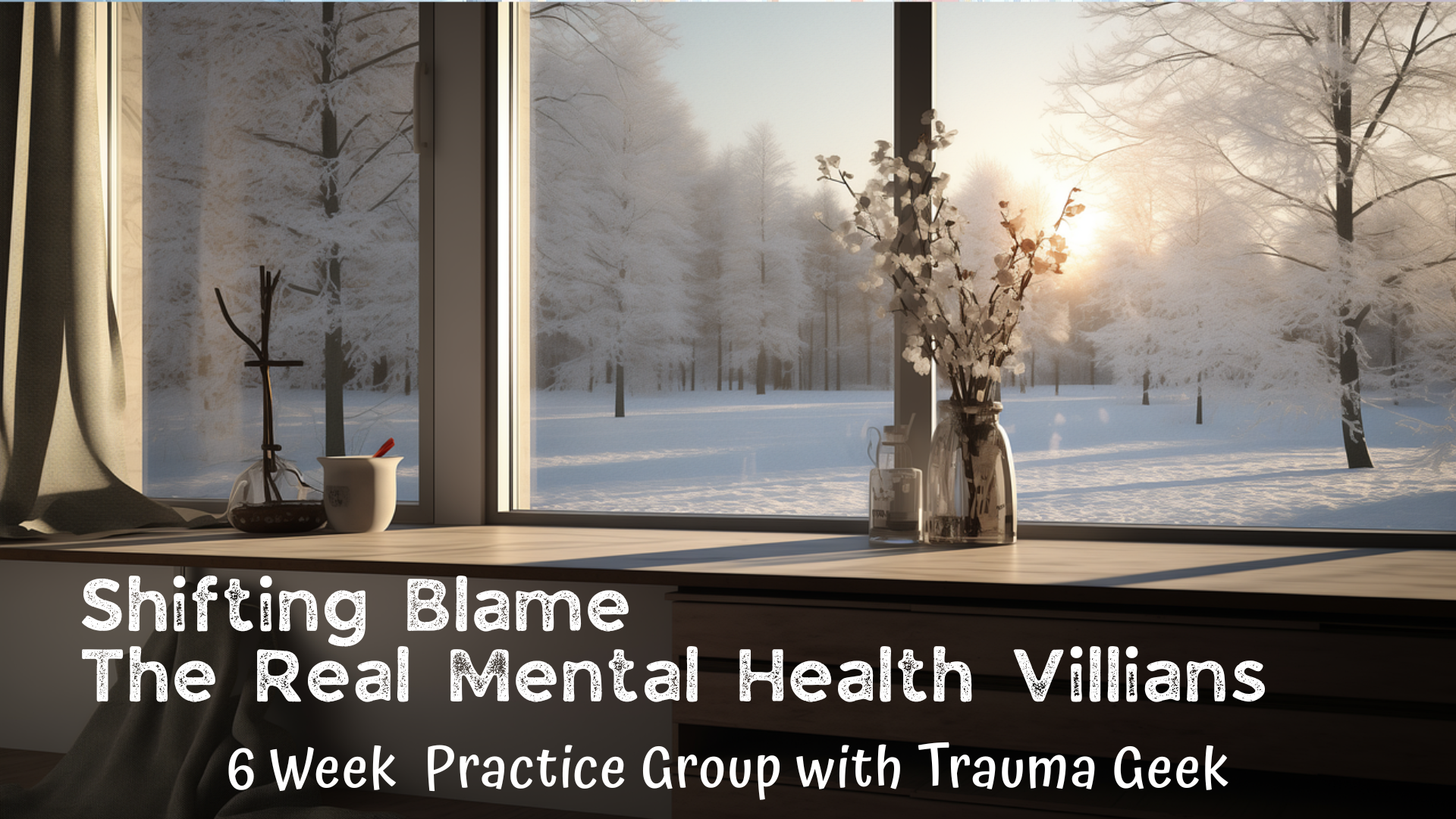Neuroscience education and support for parents and helping professionals. Educational graphics, embodiment workshops, neurodiversity consulting.
NeuroSCIENCE education for PARENTS AND Helping ProfessionalS
Hi! I’m Janae Elisabeth.
Researcher-storyteller. Neurodiversity advocate. Here to share the emerging science of trauma, neurology, relationships, and community.
Educational Graphics
Easy-to-understand educational flashcards for the home, school, or therapy office. A synthesis of information from medical texts, polyvagal theory, attachment theory, somatic science, and sociology.
Essays and Blog Articles
An examination of polyvagal theory, trauma science, and social issues pertaining to neurodivergent (ND) people through the lens of my own neurodivergent lived experience.
8-Week Virtual Study Group
A deep dive into the nervous system for personal or professional development. Taught through 8 lessons with group discussion and optional reading assignments.
You can search My blog here
We Are Recovering what it means to be a human being
— Dr. Stephen Porges
A New Narrative of Trauma
In 1994 Dr. Stephen Porges revolutionized our understanding of the autonomic nervous system by proposing Polyvagal Theory.
Polyvagal Theory describes three states or circuits which enable all of our emotions and behavior. These states are the key to understanding trauma and mental health.
Here’s what people have to say about learning this new information…






